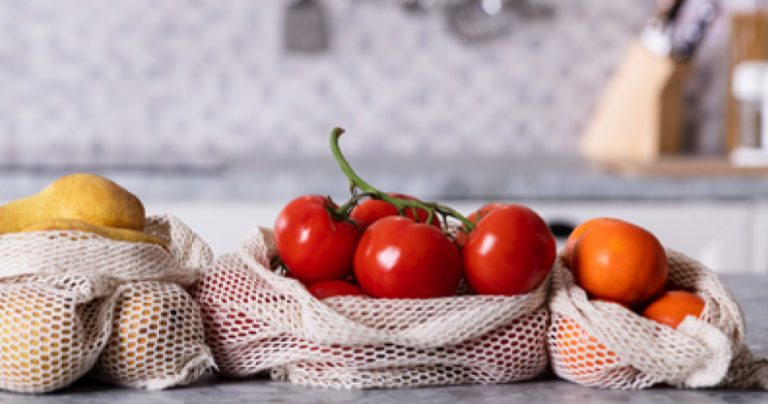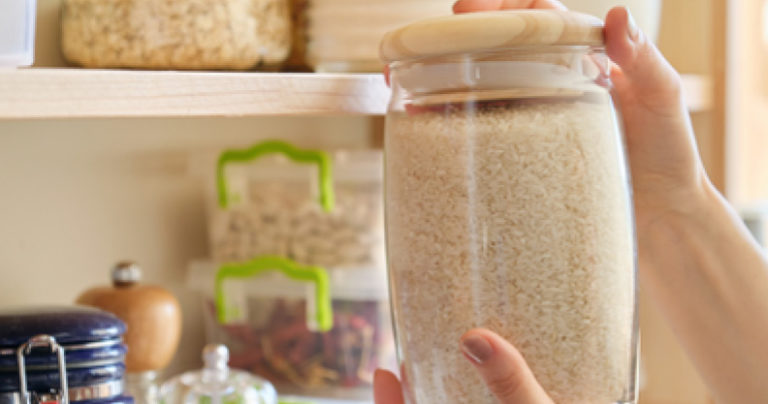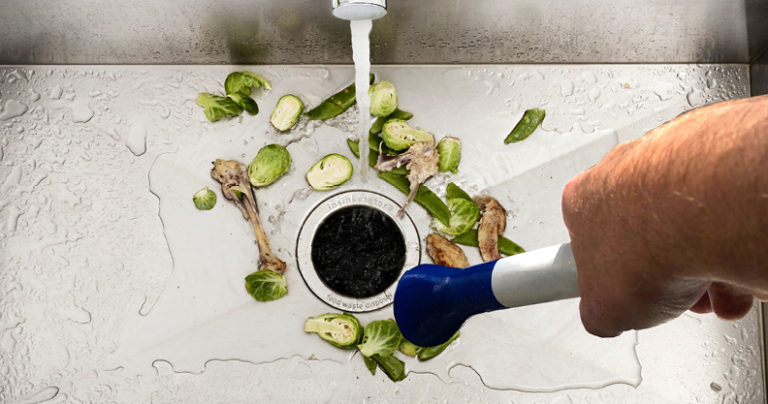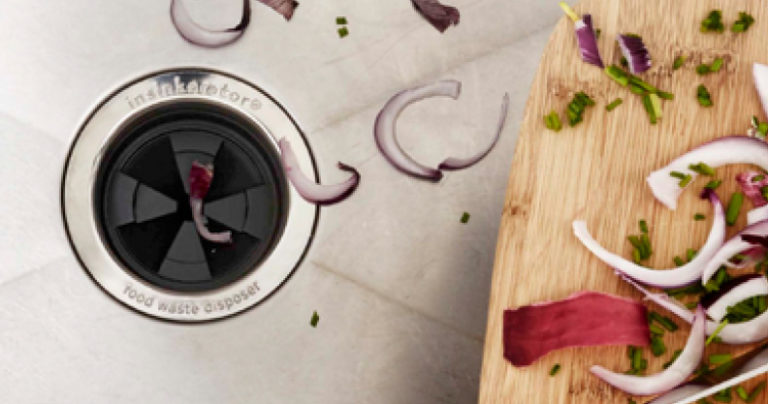Managing Food Waste
As we spend more time at home, it’s critical to have a plan for responsible food waste management and kitchen hygiene. Below are seven tips to help you get started.
As we spend more time at home, it’s critical to have a plan for responsible food waste management and kitchen hygiene. Below are seven tips to help you get started.
Make a shopping list of items you need before you get to the supermarket. Resist the temptation to hoard groceries, especially fresh foods that can spoil. Choose shelf-stable foods like canned goods, pasta, rice and legumes. Utilize your freezer to store bread, meats, vegetables and fruit. These are great strategies to avoid food waste while ensuring you have nutritious food available when trips to the grocery store are limited.
Here’s a link to a variety of healthy foods that don’t spoil easily >

Taking an inventory of your pantry is a great first step to plan your meals and avoid food waste. Check expiration dates to use foods
before they go bad. Plan meals that build on one another and provide leftovers for lunches and second meals.
Check out these easy ways to reduce food waste through proactive meal planning >

With even moderate use, food waste disposers are proven to reduce the amount of food waste in your trash by up to 30%. Using disposal keeps stinky food scraps out of your rubbish and reduces harmful
bacteria – all while diverting food waste from the landfill.

Today’s food waste disposers enable you to grind more types of food waste than you may realize. Chicken wing bones, fruit pits and fibrous fruit and vegetable skins are all safe with proper usage.
Click here for a handy guide on what not to put into your food waste disposer and other handy FAQs

The CDC recommends the routine cleaning of frequently used items and surfaces to fight against infection. So it’s especially important now to clean your kitchen thoroughly with disinfectants that kill germs and viruses. But don’t forget that near-boiling water and soap are also part of an effective cleaning routine. You can use an InSinkErator, MultiTap or HotTap to efficiently clean surfaces, dishes, baby toys, toothbrushes and other frequently used household items – all without using harsh chemicals!
Kitchen sinks are known to harbour their share of household bacteria, so anything that reduces germs can be a welcomed addition. Beyond reducing disposal noise and preventing food and water from splashing upward, InSinkErator Quiet Collar Baffles are anti-microbial, inhibiting the growth of 99.9% of common bacteria.
